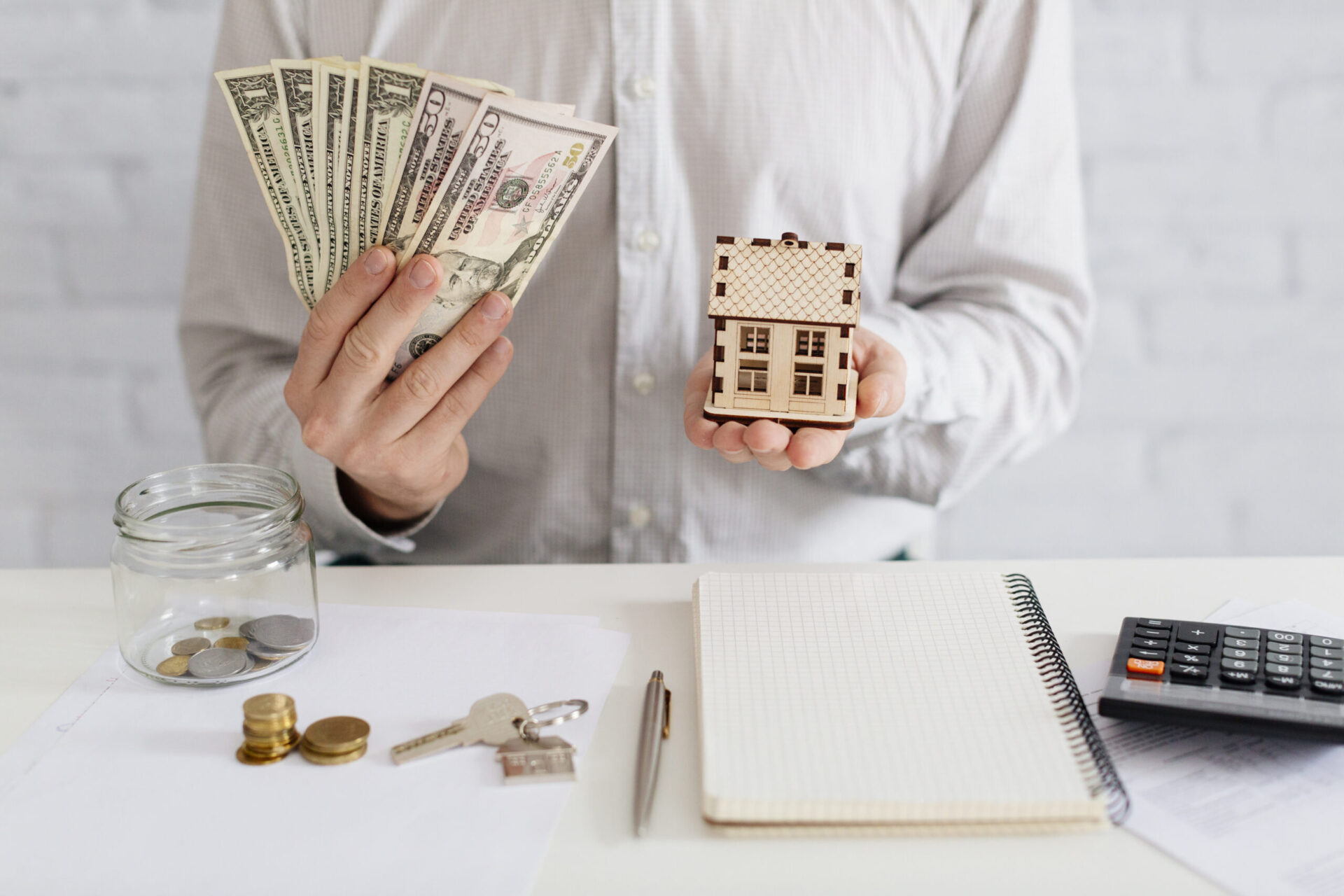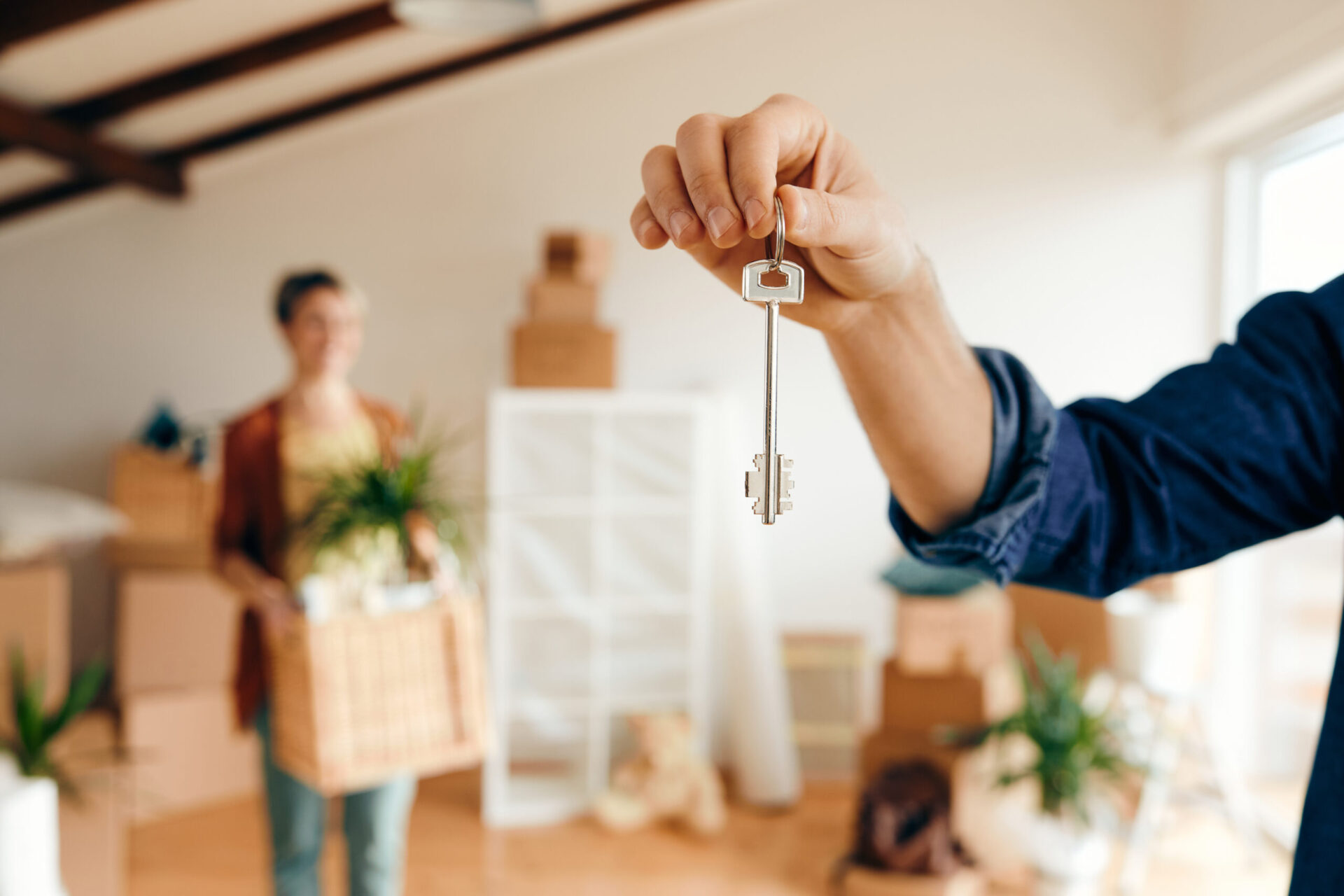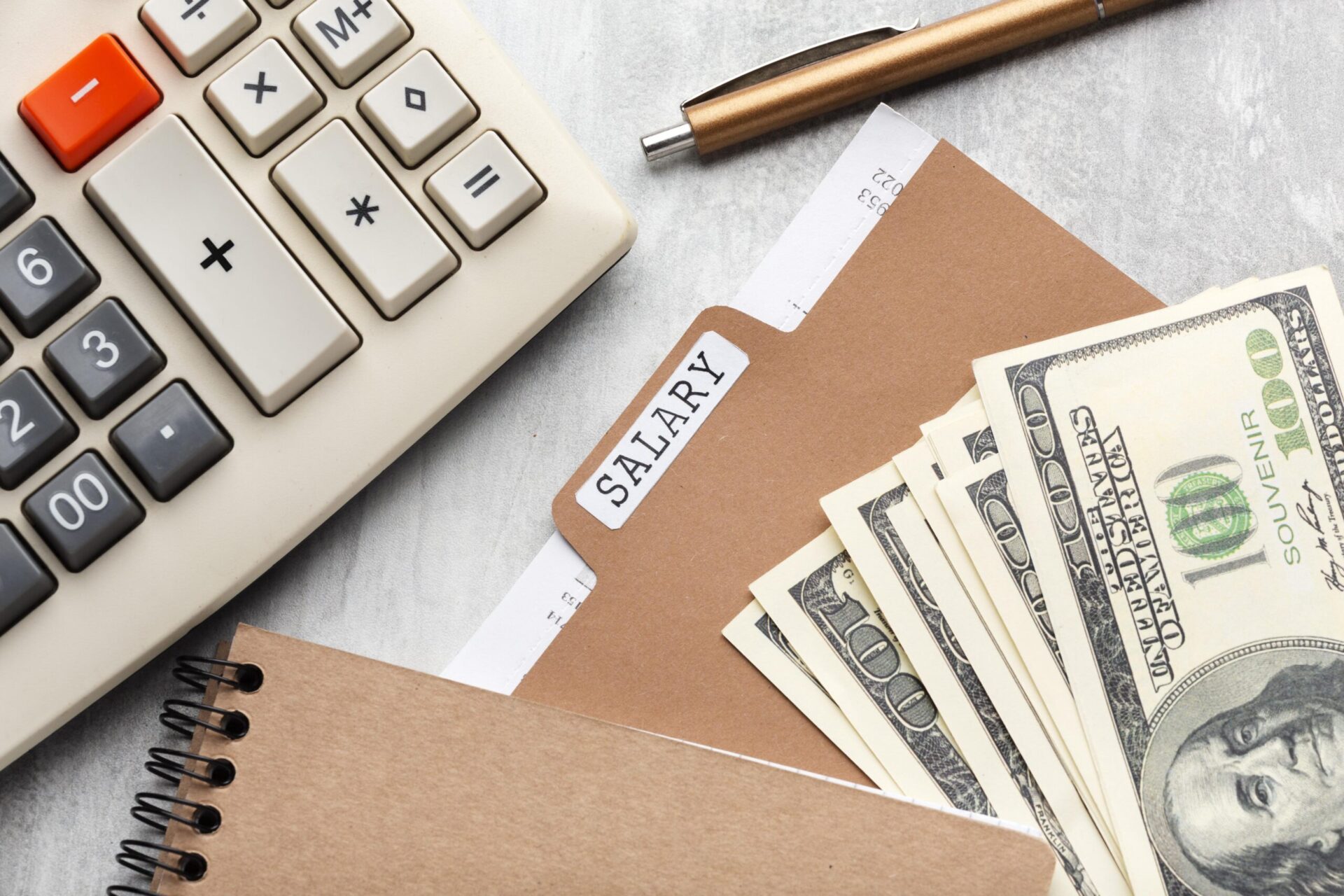Unveiling the Hidden Expenses: The True Cost of Owning a Home
Home Ownership
Homeownership is a quintessential part of the American dream, representing stability and success. However, the journey to homeownership is paved with various hidden costs and financial considerations.
Embracing the Dream
The allure of owning a home goes beyond the tangible aspects of bricks and mortar; it represents a sanctuary where one can find security and create lasting memories. It serves as a profound symbol of personal achievement, a tangible realization of hard work and financial stability, and a place where individuals can truly make their mark on the world.

Realities Behind the Dream
Owning a home is undeniably appealing, as it provides a sense of stability and a place to call one’s own. However, it also entails a plethora of financial responsibilities and commitments that extend far beyond the initial purchase. These include property taxes, homeowners’ insurance, maintenance and repair costs, mortgage payments, and potentially unexpected expenses like major repairs or renovations, all of which can significantly impact one’s financial well-being and long-term financial planning.
Initial Costs of Buying a Home
The first step in homeownership involves understanding the upfront costs, which include more than just the property’s price.
Down Payment Insights
The down payment is often the most substantial upfront cost when purchasing a home, necessitating a significant accumulation of savings. This lump sum of money, usually a percentage of the home’s purchase price, serves as an initial investment and contributes significantly to the overall affordability of the property for the buyer.
Closing Costs and Fees
Closing costs refer to the various fees and expenses that homebuyers need to pay when finalizing the purchase of a property. These costs typically include charges for services such as appraisals, title searches, property inspections, loan origination fees, and government recording fees, among others. They can add up significantly, making it essential for first-time buyers to budget for them in addition to the down payment and mortgage payments.
Mortgage Dynamics
Choosing the right mortgage is crucial for financial stability and long-term planning.
Decoding Mortgage Rates
Mortgage rates are the interest rates charged by lenders when you borrow money to buy a home. They have a significant impact on your monthly mortgage payments because the lower the interest rate, the lower your monthly payment will be. A higher interest rate means you’ll pay more in interest over the life of the loan, increasing the total cost of your home purchase and potentially straining your monthly budget.
Choosing the Right Mortgage Type
Choosing the right type of mortgage is crucial because different mortgage options come with distinct benefits and risks that can significantly impact your financial situation. Factors like your financial stability, long-term goals, and risk tolerance should guide your decision, as options such as fixed-rate mortgages offer stability with predictable monthly payments. In contrast, adjustable-rate mortgages may provide lower initial rates but come with the risk of future rate increases.
Property Taxes and Their Variations
Property taxes can significantly affect the home cost and vary based on location and property value.
How to Calculate Property Taxes
Understanding how to calculate property taxes is essential for effective budgeting as it allows homeowners to anticipate their annual financial obligations accurately. Moreover, it plays a crucial role in selecting the right location for your home, as different areas may have varying tax rates, and factoring these into your decision can significantly impact your overall cost of homeownership.
Location and Tax Implications
The geographical location of a property is a critical factor in determining property tax rates because it directly influences the local tax policies and funding needs of the area. Different cities, counties, and municipalities have their taxation systems, which can lead to significant variations in property tax rates based on factors such as the cost of providing public services, infrastructure development, and the overall economic health of the region.
Home Insurance Essentials
Insurance is a necessary expense for protecting your property against unforeseen circumstances.
What Does Home Insurance Cover?
Understanding the coverage of your home insurance policy is critical to ensure adequate protection. Without a clear understanding of what your policy covers and its limits, you may find yourself underinsured in the event of a disaster or loss, leaving you financially vulnerable. Taking the time to review and comprehend the terms and conditions of your policy can help you make informed decisions, adjust your coverage if necessary, and ultimately safeguard your home and possessions against unexpected events.
Shopping for the Best Rates
Comparing insurance rates and coverage options is a crucial step in making informed financial decisions. By exploring different insurance providers and their offerings, individuals can identify cost-effective policies that align with their specific needs and budget, ultimately leading to potential savings on premiums while ensuring they have adequate protection in place to safeguard their assets and well-being.
Maintenance and Repairs
Regular maintenance and unexpected repairs constitute a significant part of the homeownership cost.
Budgeting for Regular Maintenance
Allocating funds for regular maintenance and repairs is crucial for maintaining the long-term value and functionality of your home, especially if you’re a cash home buyer Washington. Neglecting these routine tasks can result in expensive and extensive damage over time, so it’s a prudent investment to address minor issues promptly rather than allowing them to escalate.
Unexpected Repairs: Preparing for the Unseen
Sudden and unforeseen repairs, whether they involve your car, home, or other essential possessions, can often come with hefty price tags that can strain your finances. Being financially prepared by maintaining an emergency fund and having insurance coverage can provide the peace of mind and resources necessary to handle these unexpected expenses without causing significant financial hardship.
Utility Costs
Utility bills are a recurring expense for homeowners, influenced by the size of the property and usage patterns.
Estimating Monthly Utility Bills
Understanding the average cost of utilities in your area is crucial for effective monthly budgeting. By knowing what others typically pay for electricity, water, gas, and other essential services in your locality, you can plan your finances more accurately, ensuring that you allocate the right amount of funds to cover these expenses and avoid unexpected financial stress.
Tips for Reducing Utility Expenses
Implementing energy-efficient practices, such as upgrading insulation, using energy-efficient appliances, and optimizing heating and cooling systems, can lead to substantial reductions in utility costs over time. These practices not only lower energy consumption but also contribute to a more sustainable and environmentally responsible approach to energy usage, benefiting both homeowners and the planet.

Home Improvement and Resale Value
Investing in home improvements can enhance the property’s value but requires careful cost-benefit analysis.
Enhancing Your Home’s Value
Investing in strategic home improvements, such as a modern kitchen renovation or energy-efficient upgrades, can significantly increase a property’s market value and make it more attractive to potential buyers. These enhancements not only enhance the overall aesthetic appeal but also improve functionality, ultimately translating into a higher resale value.
Analyzing Cost vs. Value
Evaluating the cost of home improvements in relation to the potential boost in resale value is crucial for informed decision-making in real estate. Balancing these factors ensures that you make financially sound investments that align with your long-term goals.
The Impact of Location
The location of a home affects its cost, value, and appeal in various ways.
The Cost of Urban vs. Rural Living
Urban areas often come with higher living costs due to increased demand for housing and goods. Still, they compensate by providing a wide range of amenities and conveniences, such as easy access to healthcare, education, entertainment, and job opportunities, making them attractive to those seeking a bustling lifestyle. In contrast, rural areas generally offer a more affordable cost of living. Still, they may have limited access to these amenities and conveniences, appealing to those who prioritize tranquility and natural beauty over urban hustle and bustle.
Neighborhood Influence on Home Costs
The neighborhood in which you choose to live can have a substantial influence on your cost of living, as factors like housing prices and local amenities can vary greatly from one area to another. Additionally, property taxes can differ significantly based on your neighborhood, directly impacting your overall financial situation and lifestyle choices.
Long-Term Financial Planning
Homeownership entails a substantial financial commitment that necessitates prudent financial planning and forward-thinking. It involves not only the initial purchase but also ongoing expenses like mortgage payments, property taxes, and maintenance, making it crucial to consider both short-term affordability and long-term financial stability.
Homeownership and Retirement Planning
Balancing the costs of homeownership with retirement savings is essential to ensure long-term financial stability. Focusing on both aspects allows individuals to enjoy the benefits of owning a home while also securing their financial future, ensuring a comfortable retirement without jeopardizing their current financial well-being.
Viewing Your Home as an Investment
Viewing your home as a long-term investment can impact your financial choices and future planning by encouraging you to make strategic decisions, such as choosing a location with potential for property value appreciation and carefully managing your mortgage to build equity over time. This perspective also underscores the importance of budgeting for home maintenance and improvements, ultimately contributing to your overall financial stability and wealth accumulation.
Emotional and Lifestyle Considerations
Owning a home affects not only finances but also emotional well-being and lifestyle.
The Psychological Impact of Home Ownership
Homeownership often instills a deep sense of pride and stability, as it represents a significant achievement and a place to call one’s own. However, it also entails a host of responsibilities and occasional stress, such as maintenance, property taxes, and unexpected repairs, which can test one’s financial and emotional well-being.
Lifestyle Changes with Home Ownership
Homeownership can bring about substantial lifestyle changes as it introduces responsibilities like maintenance and property management, altering daily routines, and long-term financial planning. It can also provide a sense of stability and the opportunity to personalize one’s living space, shaping a more rooted and secure lifestyle.
The True Cost of Owning a Home
Understanding homeownership’s comprehensive costs helps make informed decisions and effective financial planning.
Breaking Down the Comprehensive Costs
To gain a comprehensive understanding of the financial commitment of homeownership, it’s crucial to meticulously analyze and itemize all related expenses, which include mortgage payments, property taxes, insurance, maintenance, utilities, and potential repair costs. This breakdown helps individuals assess their budget and make informed decisions about owning a home.
Unveiling the Hidden Costs
Hidden costs of homeownership, such as property taxes, maintenance, and homeowners association fees, can significantly impact a household’s financial stability, making it crucial to include them in budgeting. Failing to account for these expenses can lead to financial strain and disrupt long-term financial planning.
Comparing Renting vs. Owning
Deciding between renting and owning depends on individual financial situations, lifestyles, and long-term goals.
Financial Analysis Over Time
Comparing the long-term financial implications of renting versus owning can help individuals make informed decisions about their housing. Renting may offer flexibility and lower upfront costs, but owning can build equity and potentially lead to long-term financial stability.
Lifestyle and Flexibility Considerations
Renting provides the flexibility to relocate and adapt to changing circumstances quickly, allowing for a more transient and low-maintenance lifestyle. In contrast, owning a property offers stability and potential long-term financial benefits but may limit mobility and require more commitment to maintenance and financial responsibilities.

Tax Implications of Homeownership
Tax considerations play a significant role in the overall cost of owning a home.
Understanding Tax Deductions
Homeowners can take advantage of several tax deductions that can help alleviate their financial responsibilities. These deductions often include mortgage interest deductions, property tax deductions, and sometimes even deductions for home improvement expenses, providing homeowners with valuable opportunities to lower their overall tax liability and improve their financial well-being.
The Role of Capital Gains in Homeownership
When planning to sell a home for profit, it’s crucial to consider the capital gains tax implications because they can significantly impact your financial outcome. Capital gains tax is typically levied on the profit you make from the sale of a property, and understanding the tax laws and exemptions in your country can help you make informed decisions regarding the timing of the sale and potential strategies to minimize your tax liability.
FAQs
What are the significant hidden costs of owning a home?
Home ownership’s significant hidden costs include ongoing maintenance and repairs, higher-than-expected utility bills, property tax increases, and occasional unforeseen expenses like emergency repairs or insurance deductibles.
How do mortgage rates affect the overall cost of homeownership?
Mortgage rates directly influence the monthly payment amount and total interest paid over the life of the loan, with higher rates leading to increased overall costs.
What should homeowners know about property taxes?
Homeowners should understand that property taxes can vary based on location and the home’s assessed value, and these taxes may increase over time due to changes in rates or property valuation.
How can homeowners reduce their utility expenses?
Homeowners can reduce utility expenses by implementing energy-efficient practices, such as using LED lighting, upgrading to energy-efficient appliances, and ensuring proper insulation.
What are the pros and cons of home improvements for resale value?
Home improvements can increase resale value and enhance livability, but not all renovations provide a good return on investment, so choosing projects wisely is essential.
How do location and neighborhood affect the cost of owning a home?
Location and neighborhood impact the cost of owning a home through varying property taxes, insurance rates, maintenance costs, and overall property values.
Conclusion
Owning a home is more than just a financial transaction; it’s a commitment that encompasses various aspects of life. Understanding the actual cost of owning a home is vital for making informed decisions that align with your financial and lifestyle goals.
